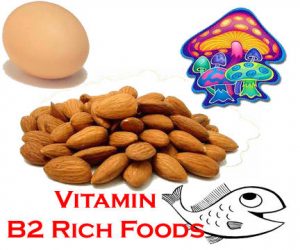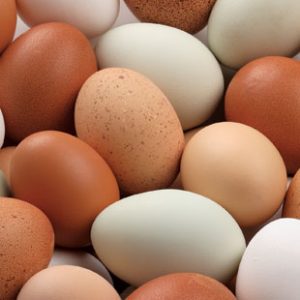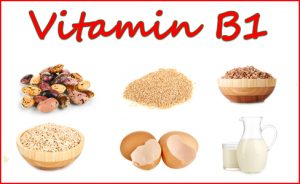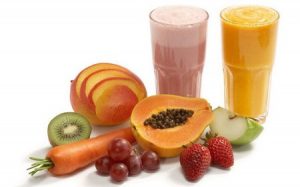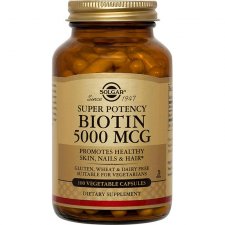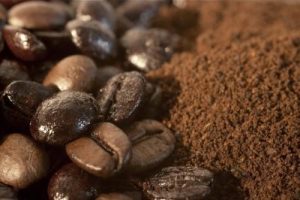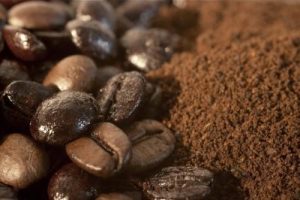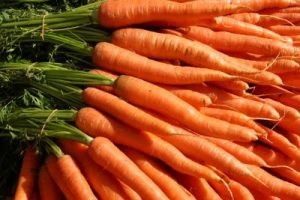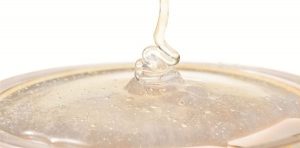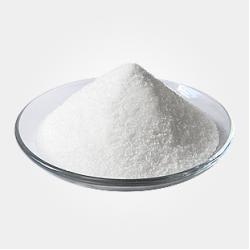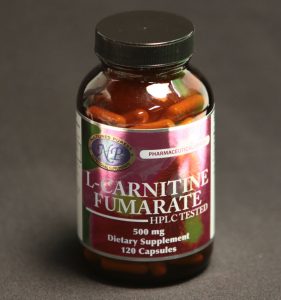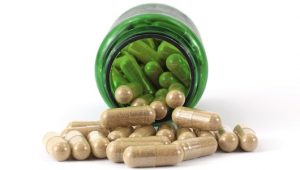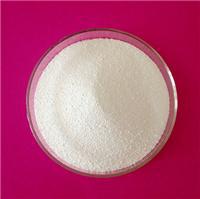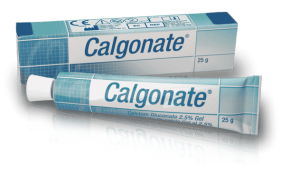Applications and Uses of Vitamin B2
Vitamin B2 riboflavin can used in Food, Beverage, Pharmaceutical, Health & Personal care products, Agriculture/Animal Feed/Poultry. Vitamin B2, also known as Riboflavin, used as a food coloring as well as being used to fortify some foods. Vitamin B2 riboflavin is used in baby foods, breakfast, cereals, pastas, sauces, processed cheese, fruit drinks, vitamin enriched milk products and some energy drinks. It is a yellow or orange crystalline powder, easily absorbed micro nutrient with a key role in maintaining health in humans.
Vitamin B2 riboflavin uses as follows:
In Food
Vitamin B2 riboflavin can be used as nutrition supplements in food such as in baby foods, breakfast cereals, pastas, sauces, processed cheese, fruit drinks, vitamin-enriched milk products, and some energy drinks.
In Beverage
Vitamin B2 riboflavin can be used as nutrition supplements in beverage.
In Pharmaceutical
Vitamin B2 riboflavin can be used as Nutritional therapy in Pharmaceutical.
In Health and Personal care
Vitamin B2 riboflavin used as Colorant; COSMETIC COLORANT; HAIR DYEING in Cosmetics.
In Agriculture/Animal Feed/Poultry
Vitamin B2 riboflavin is used as nutritional supplement in Agriculture/Animal Feed.
In Other Industries
Vitamin B2 riboflavin can be used in other industries.

